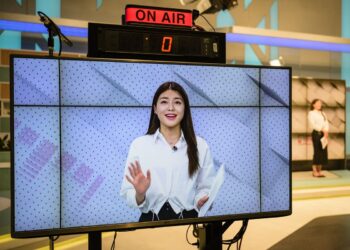Judge Beryl Howell of the US District Court recently upheld the US Copyright Office’s stance that works entirely created by artificial intelligence (AI) do not meet the requirements for copyright protection. This decision modifies the conversation about copyright and AI by highlighting the value of human ingenuity in intellectual property.
More than 100 days since the Hollywood writer’s strike, concerns regarding AI’s potential dominance in scriptwriting have grown. Nevertheless, regulations on intellectual property have consistently maintained that copyrights are only for creations that originate from human sources.
Judge Howell’s ruling directly responds to the legal dispute brought forth by Stephen Thaler against the government’s refusal to register AI-generated creations. Thaler, who serves as Imagination Engines CEO, argued that AI should be an author in its own right. Consequently, the ownership of the created work belongs to the owner of the AI system.
Cases Backing Judge Howell’s Ruling
However, Howell held a different perspective, underscoring human authors’ significance within the copyright law framework. She referenced precedent cases such as Burrow-Giles Lithographic Company v. Sarony. These cases upheld the protection of ideas originating from humans. Additionally, another case demonstrated that even a photograph taken by an animal couldn’t be subject to copyright.
Howell delved into the concept of copyright as a driving force behind human creative pursuits. She highlighted that the establishment of copyrights and patents only protected intellectual property, fostering the advancement of science and the arts by incentivizing the generation of new creations and innovative ideas.
This judgment comes when ongoing legal deliberations revolve around AI companies utilizing copyrighted material for training. Numerous lawsuits in California initiated by artists assert copyright infringements. These legal actions could potentially compel AI companies to dismantle their language models to avoid further complications.
This decision alters the discourse surrounding AI and copyright. While AI-generated artworks might not meet the criteria for copyright protection, it underscores the profound importance of human ingenuity in intellectual property.
The featured image is from m.jpost.com









